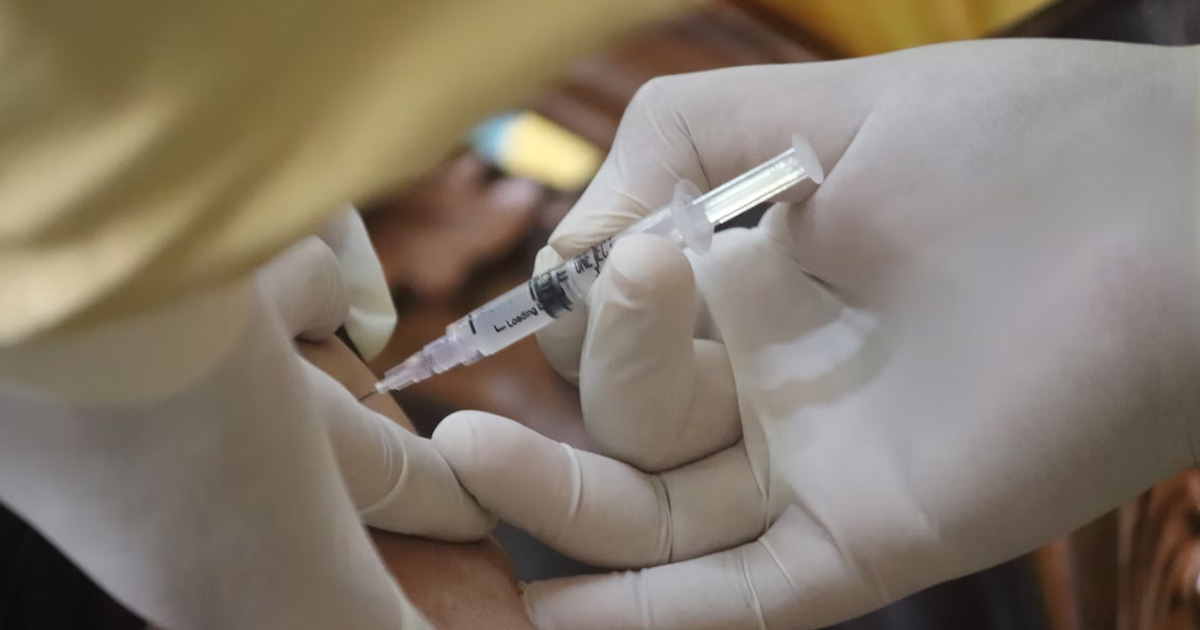Search

News & Events
Old, painful rheumatic heart disease treatment could be phased outAn international trial reveals 95% of rheumatic heart disease patients prefer less painful penicillin injections under the skin, aiming to improve treatment adherence.

News & Events
Unified response critical to address spread of ‘flesh eating’ bacteriaA surge in invasive group A streptococcal reports in Australia has prompted The Kids Research Institute Australia researchers to call for a unified national public health response, with cases tipped to increase.

News & Events
Study suggests flu vaccine may take edge off RSV casesA The Kids Research Institute Australia study has suggested the seasonal flu vaccine for children could also protect them from respiratory syncytial virus (RSV), with the dual benefit easing pressure on hospitals.

News & Events
The Kids researchers lead national trial to fight sepsis in premature infantsThe Kids Research Institute Australia researchers will lead a new national clinical trial (COSI-2) to determine whether topical coconut oil can reduce late onset sepsis in extremely preterm infants.
Contact us If you'd like to get in touch, please contact Marie Nadal-Sims by phone or email. Phone: (08) 6319 1001 Email: IICPerth@thekids.org.au All

A decade long partnership with Wesfarmers Ltd. and the Wesfarmers Centre of Vaccines and Infectious Diseases has led to world-class paediatric research and important collaborations fuelling the Centre’s trajectory towards easing the burden of infectious diseases.
Research
Evaluation of Pediatric HIV Postexposure Prophylaxis Guideline Following Child Sexual Assault in Western AustraliaHIV postexposure prophylaxis (PEP) following child sexual assault (CSA) is recommended in select cases. High rates of poor adherence to PEP are reported. We evaluated adherence to the recommended management of children following CSA at the tertiary pediatric facility in Western Australia and compared our approach with international guidelines.
Research
International Pediatric COVID-19 Severity over the Course of the PandemicMultiple SARS-CoV-2 variants have emerged over the COVID-19 pandemic. The implications for COVID-19 severity in children worldwide are unclear. The objective was to determine whether the dominant circulating SARS-CoV-2 variants of concern (VOCs) were associated with differences in COVID-19 severity among hospitalized children.
Research
Bacillus Calmette-Guérin vaccination for protection against recurrent herpes labialis: a nested randomised controlled trialRecurrences of herpes simplex virus (HSV) in the orofacial region (herpes labialis or cold sores) impact quality-of-life. We aimed to study whether the bacille Calmette-Guérin (BCG) vaccine can attenuate cold sore recurrences through off-target immunomodulatory effects.
Research
The Impact of a Multifaceted Tertiary Pediatric Hospital's Antimicrobial Stewardship ServiceAntimicrobials are the most commonly prescribed drug class in children. Overuse through inappropriate prescribing is a key driver of antimicrobial resistance and is recognized as one of the top 10 threats to global health by the World Health Organization.
